-
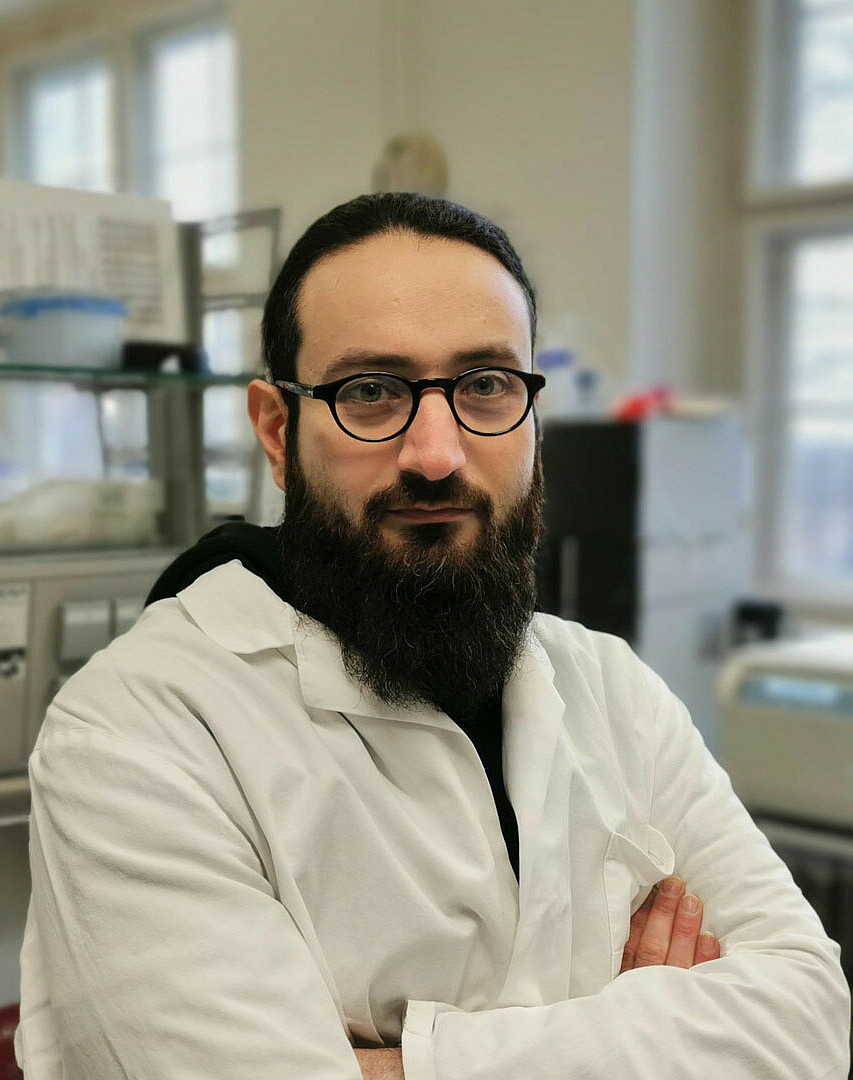 31.05.2023
31.05.2023Dr. Wael Yakti, Humboldt-Universität zu Berlin
Passion for life sciences and clean technologies characterises the research of Dr. Wael Yakti. The Brain City Ambassador, who comes from Syria, works as a postdoctoral researcher at the Albrecht Daniel Thaer Institute for Agricultural and Horticultural Sciences at Humboldt-Universität zu Berlin. He has lived in Brain City Berlin since 2014.
What contribution can science make to building a more sustainable future? Dr Wael Yakti is trying to answer this big question with his research. He is currently working on linking the production of insects with other agricultural production systems. “I try to breed insects in greenhouses or on municipal waste such as plant leaves, industrial by-products or industrial waste. My goal is to produce proteins in the form of insect biomass that can be fed to fish or other animals,” he explains. “I am also trying to develop methods of using insect waste as substrates for plant production. This waste includes, for example, fibres that insects cannot digest.”
Wael Yakti works and researches as a postdoc in the Urban Ecophysiology of Plants department at the Albrecht Daniel Thaer Institute for Agricultural and Horticultural Sciences at the Humboldt-Universität zu Berlin (HU Berlin). “I grew up as a natural scientist with a strong passion for life sciences and clean technologies, and during my academic career I have gained hands-on experience in many different fields, particularly plant genetics, entomology and microbiology,” says the Brain City Ambassador. The impetus for his decision to establish himself as an expert in the field of bioeconomics and the production of insects as a means of waste management and protein production was not least the general interest in these topics, which has grown exponentially in recent years.
Berlin offers almost unlimited opportunities for cooperation, many cultural events and a colourful social life.
Wael Yakti brought his doctoral thesis at the HU Berlin to Berlin in 2014. For four years he studied the effects of symbiotic microbes on the nutrient uptake of plants and their resistance to pathogens at the Leibniz Institute for Vegetable and Ornamental Crops in Grossbeeren. He had previously completed his Master of Science at the Leibniz University in Hanover. The Lower Saxony state capital is also the birthplace of the Brain City ambassador. But when Wael Yakti was two years old, his Syrian parents went back to Aleppo. “That was the main reason I wanted to study in Germany,” he recalls. “After completing my Bachelor of Science at the University of Aleppo, I sent applications to various universities and was finally selected for an international MSc program in Hanover in 2011. At first I led the typical life of an international student in Germany, working to finance my studies. I later applied for German citizenship.”
Wael Yakti has been a postdoctoral researcher at HU Berlin since October 2020. He quickly learned to appreciate the advantages of the city’s location. “We are surrounded by many universities and research institutions here, covering almost all spectrums of science. When new research ideas emerge, it can open up many opportunities for collaboration.” Wael Yakti himself is well connected in Berlin and also internationally through various research projects. CUBES Circle is one of them. The aim of the project, in which other German universities and also partners from practice are involved in addition to the HU Berlin: To produce foods with high nutrient retention with minimum impact on the environment. For this purpose, standardised modules of food production, so-called CUBES, are connected with each other. The CUBES form the basis for a mobile agricultural production system that can be used in the city as well as in the country. Wael Yakti has also recently become a member of the European Commission’s “International Bioeconomy Youth Ambassadors” program.
But Wael Yakti has not only quickly settled into Berlin as a scientist, but also as a musician: “For me, the city is a melting pot for a large community of artists and musicians. My own independent Gothic/Doom Metal music project involves a female vocalist and guest musicians. It is not the most common music, but art can be important.”
Wael Yakti recommends that young researchers who, like him, would like to come to Berlin from abroad “invest some energy into researching how the bureaucracy works here”. It is also important to find the right people to support you in these processes. “Good places to start are, for example, the international offices at the universities.” In addition, Brain City Berlin offers almost unlimited opportunities for cooperation, many cultural events and a colourful social life. And Wael Yakti has another practical tip up his sleeve: “What else I like about Berlin is the good fast food. You can find affordable dishes from all over the world here.” (vdo)
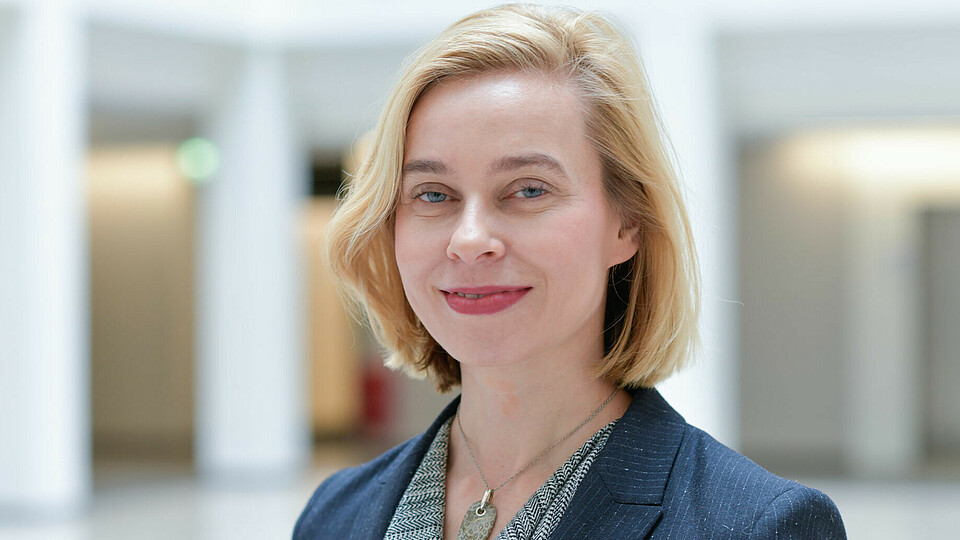
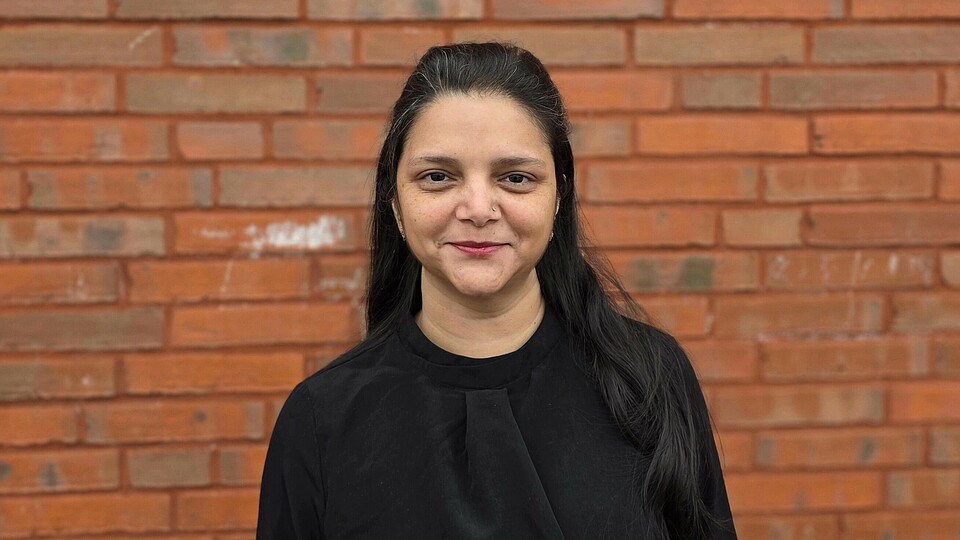
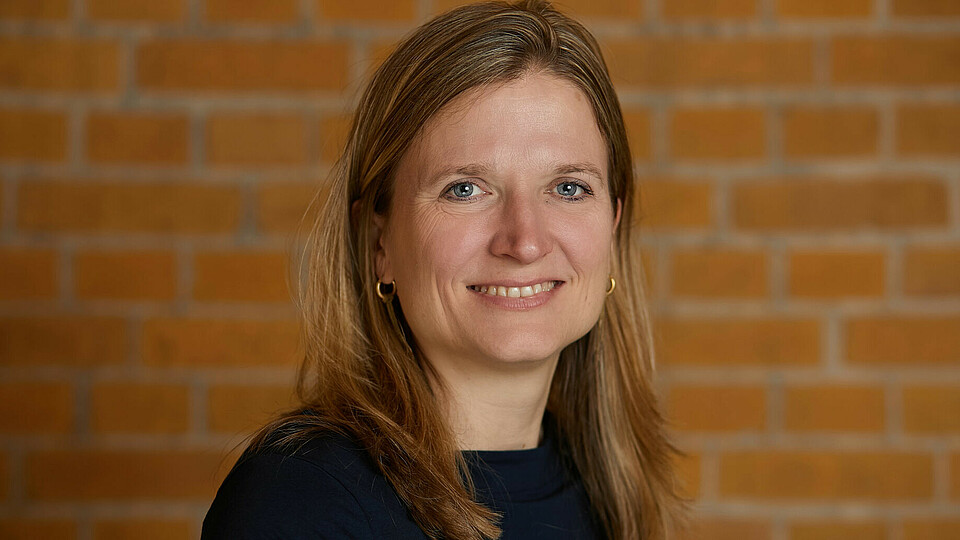
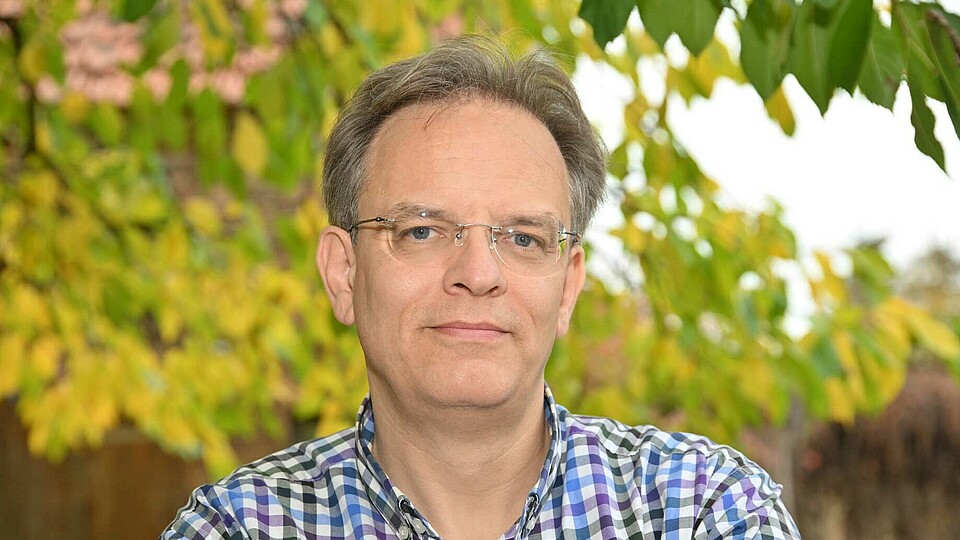
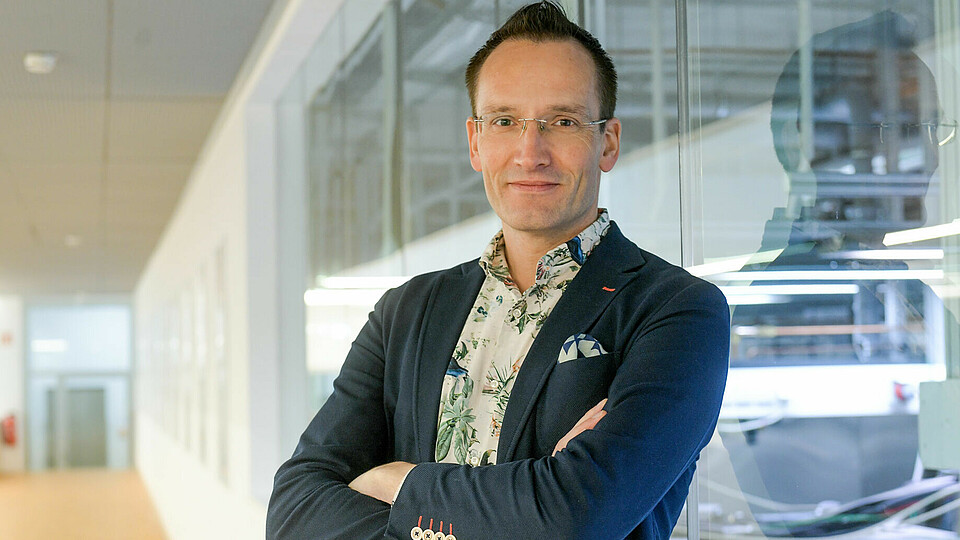
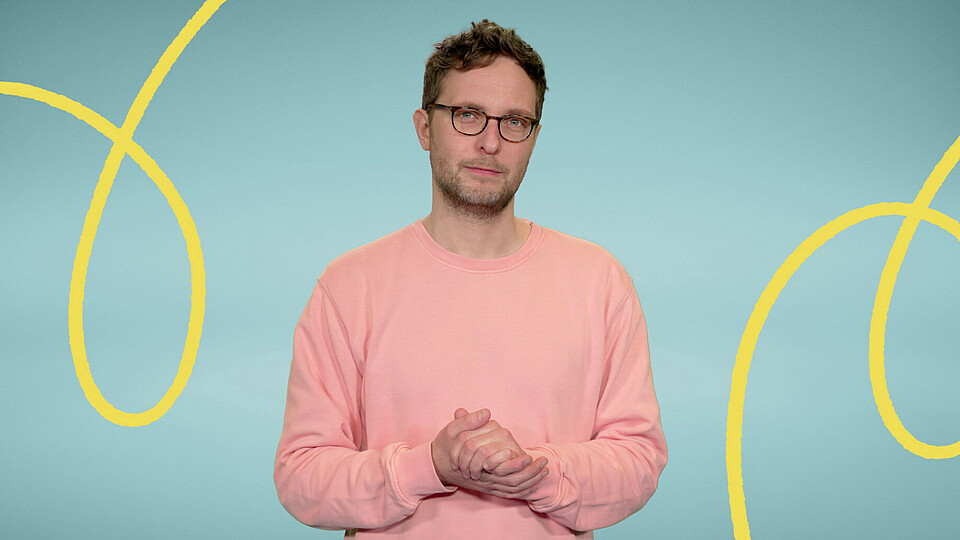
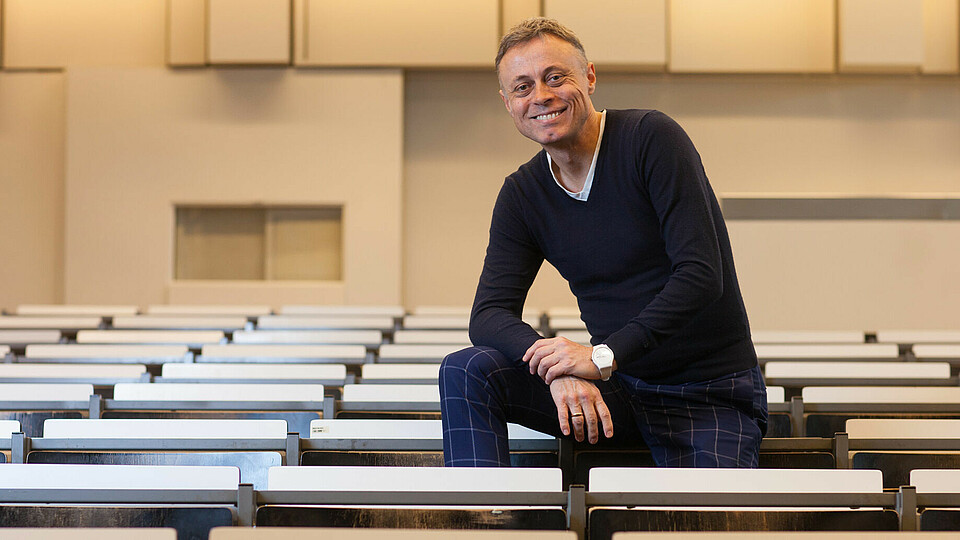
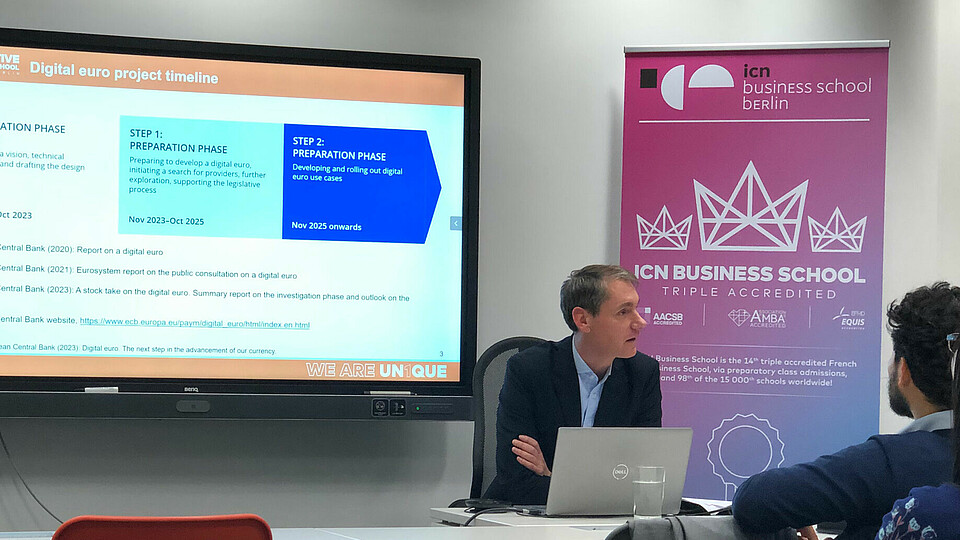
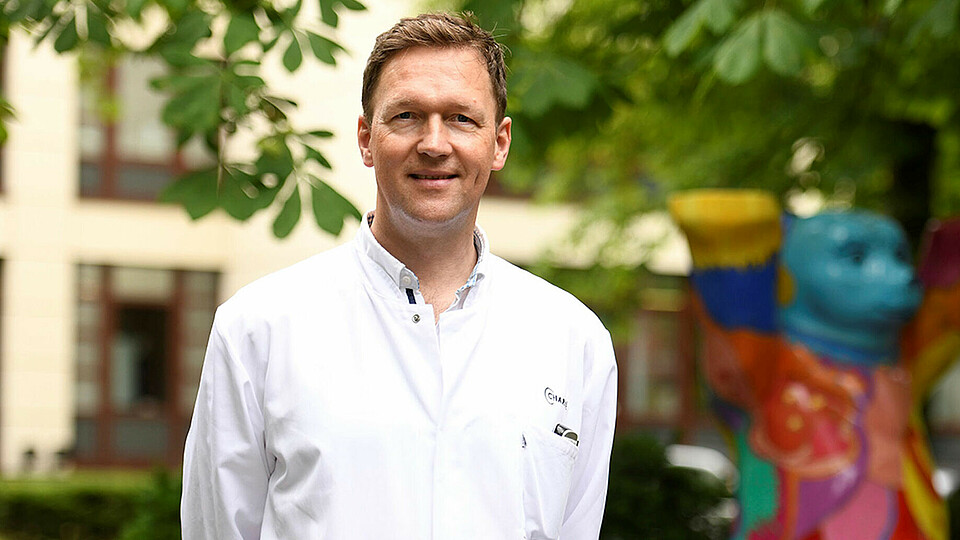
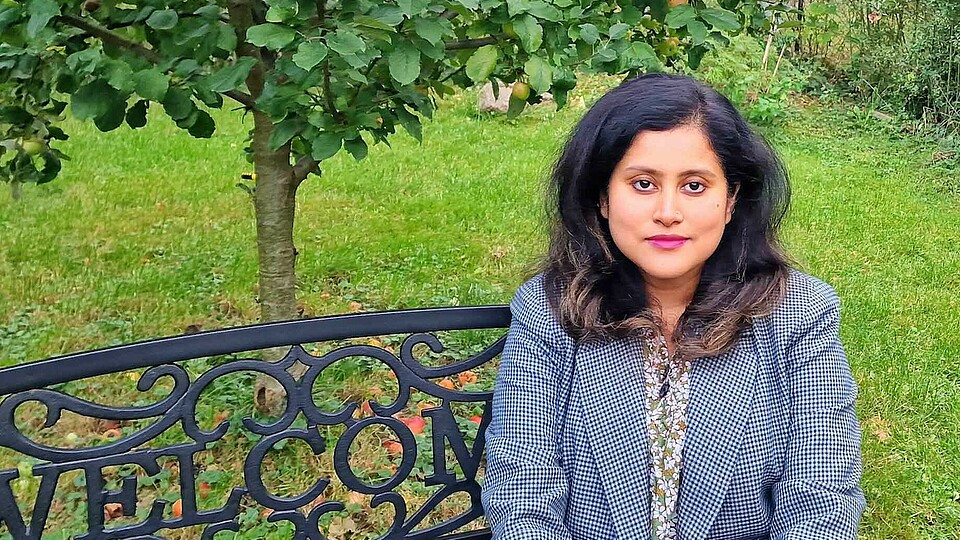
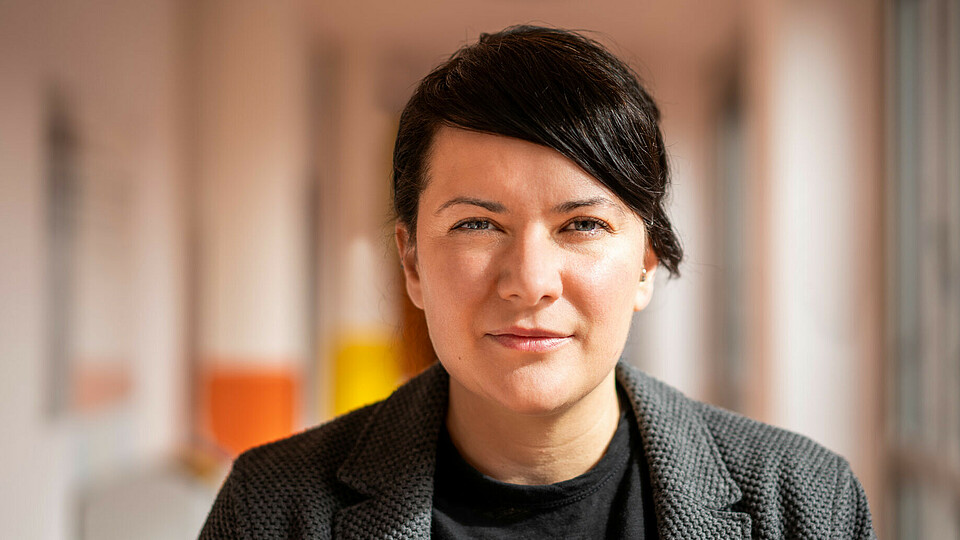
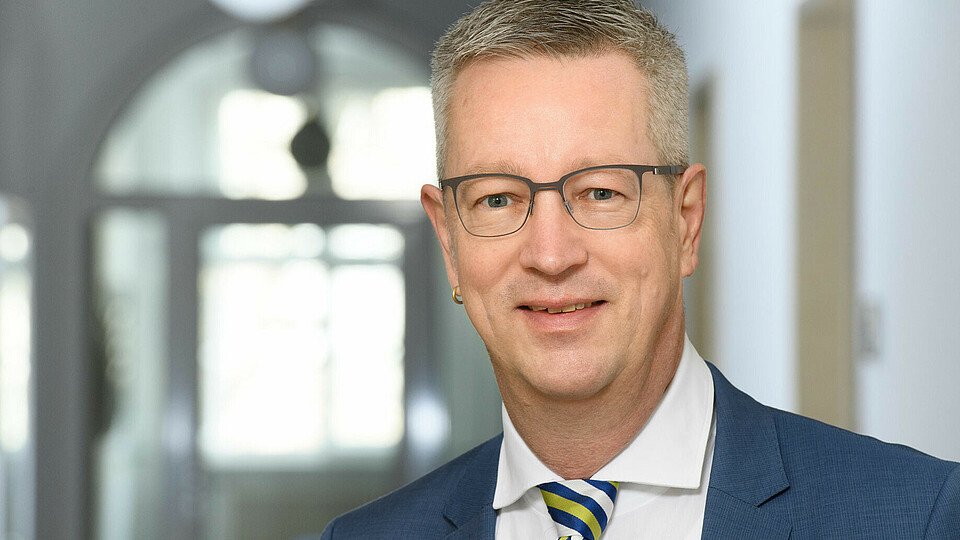
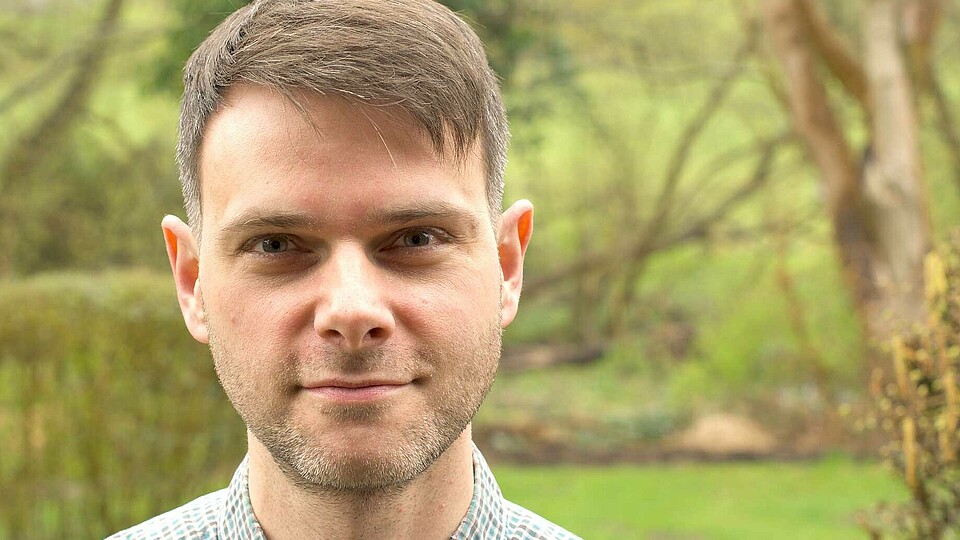
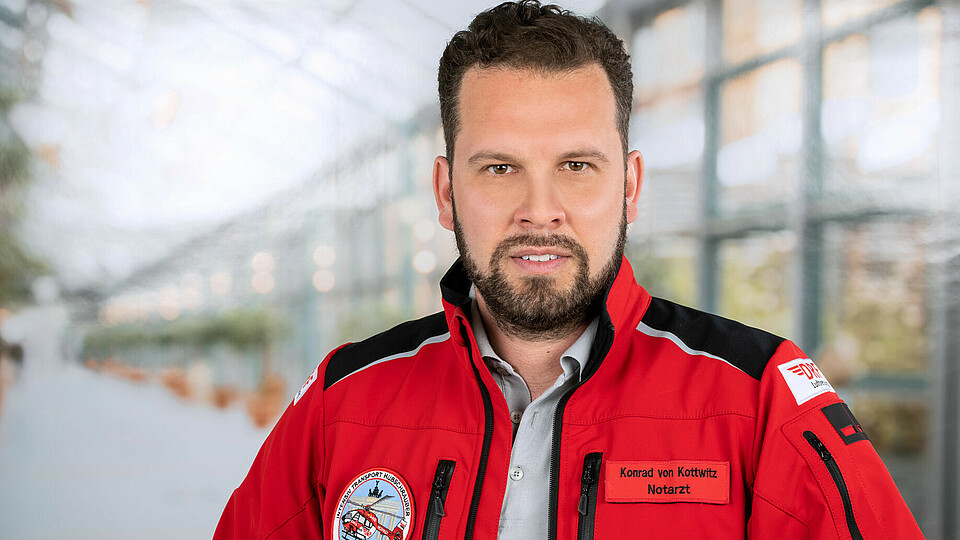
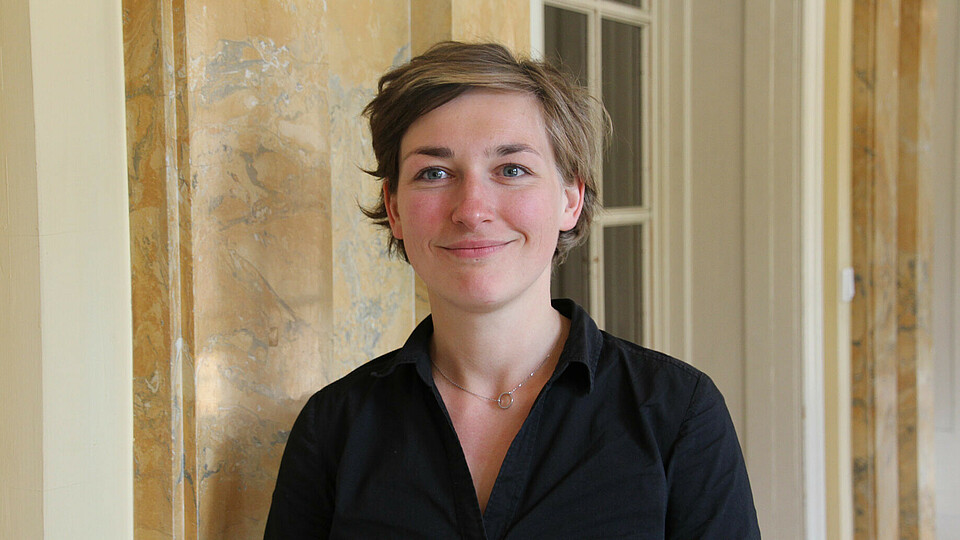
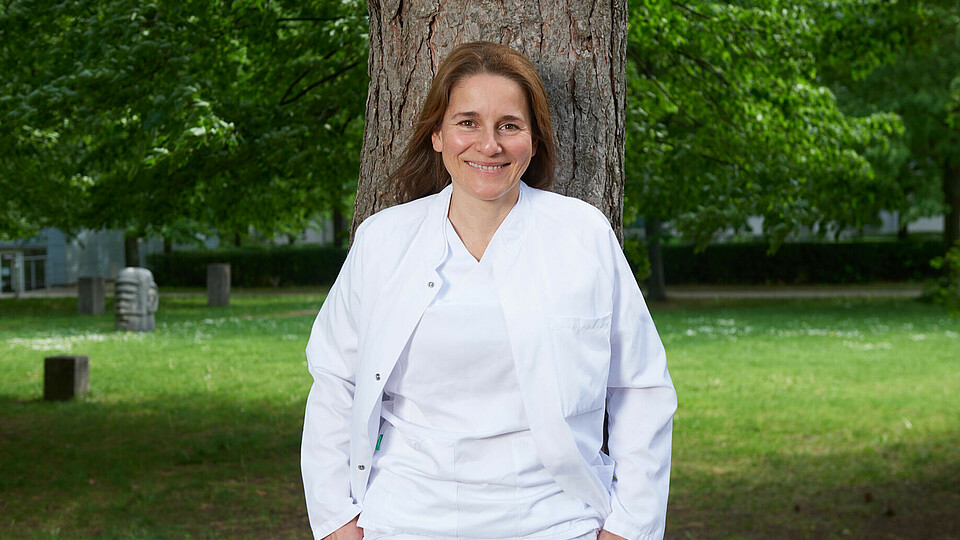
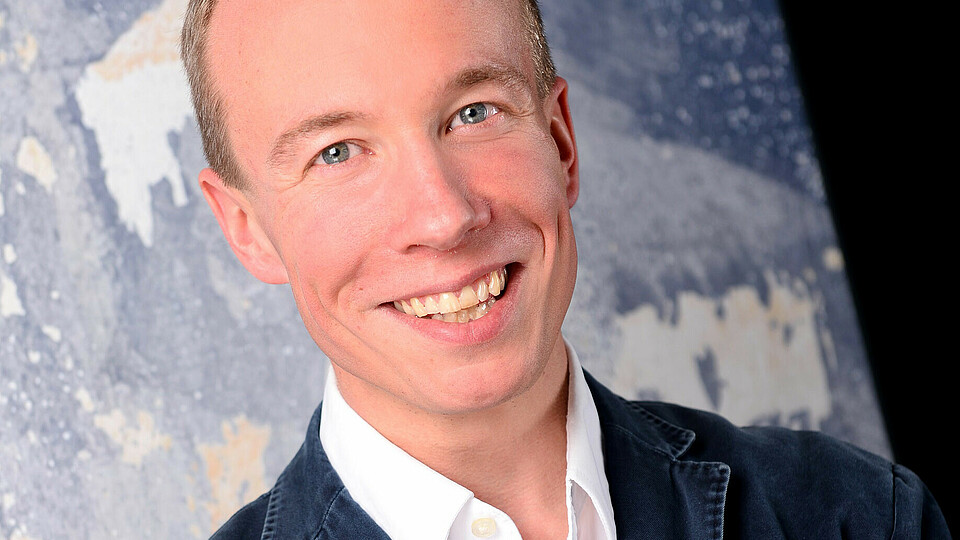
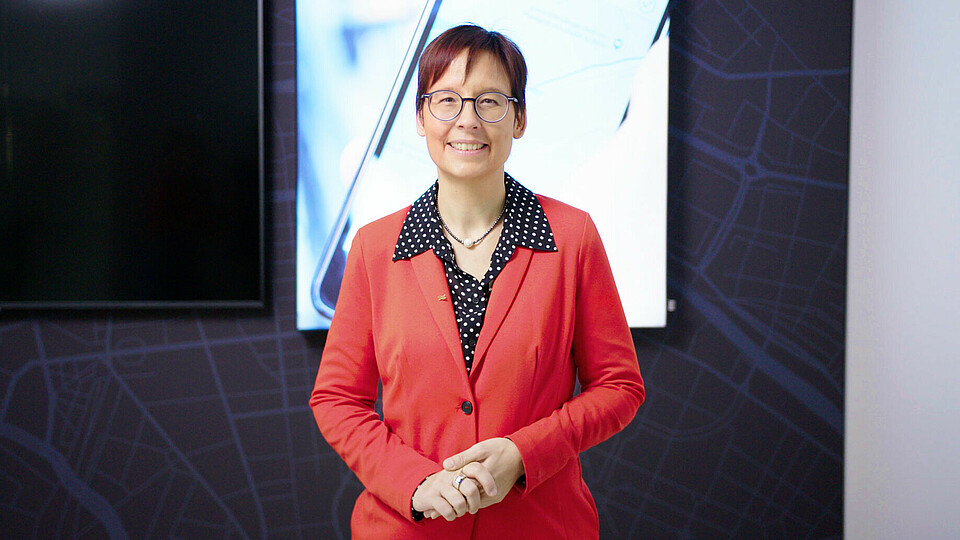
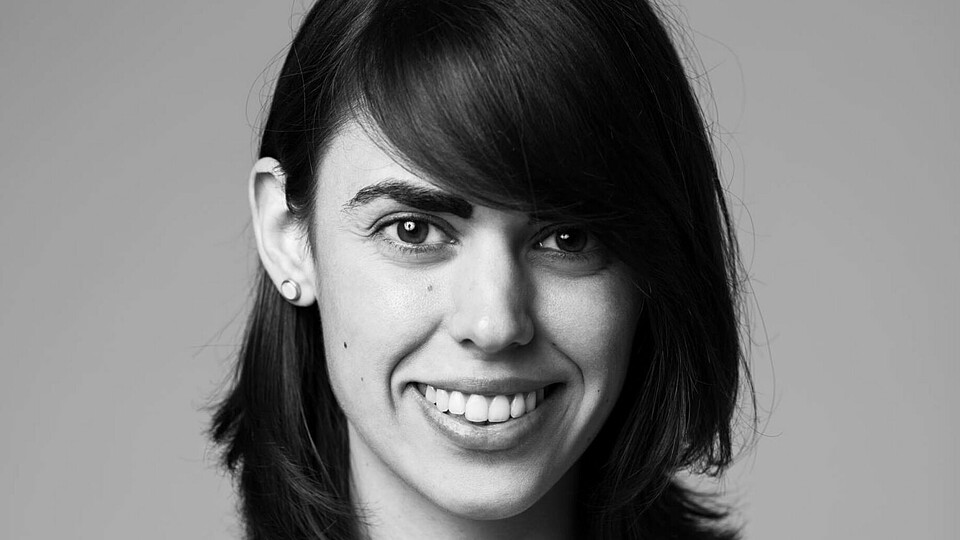
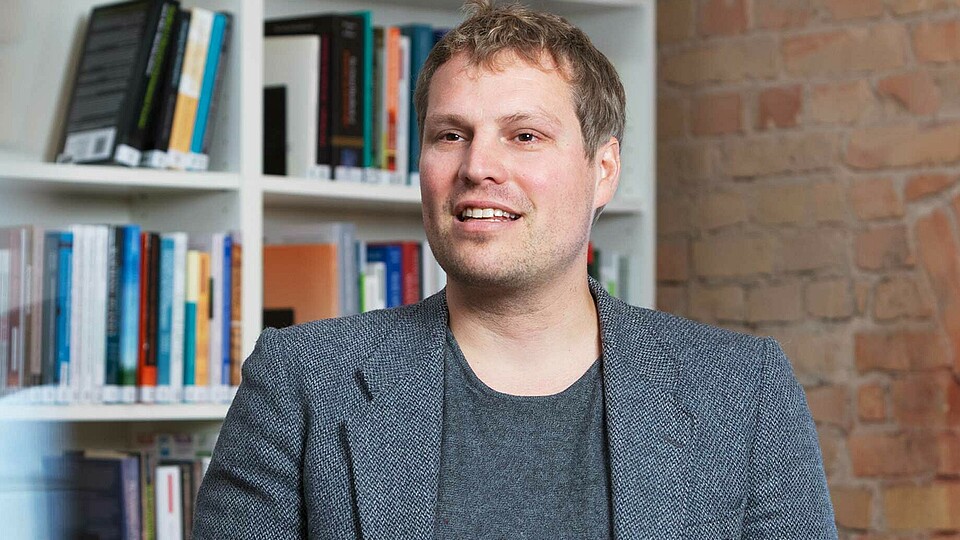
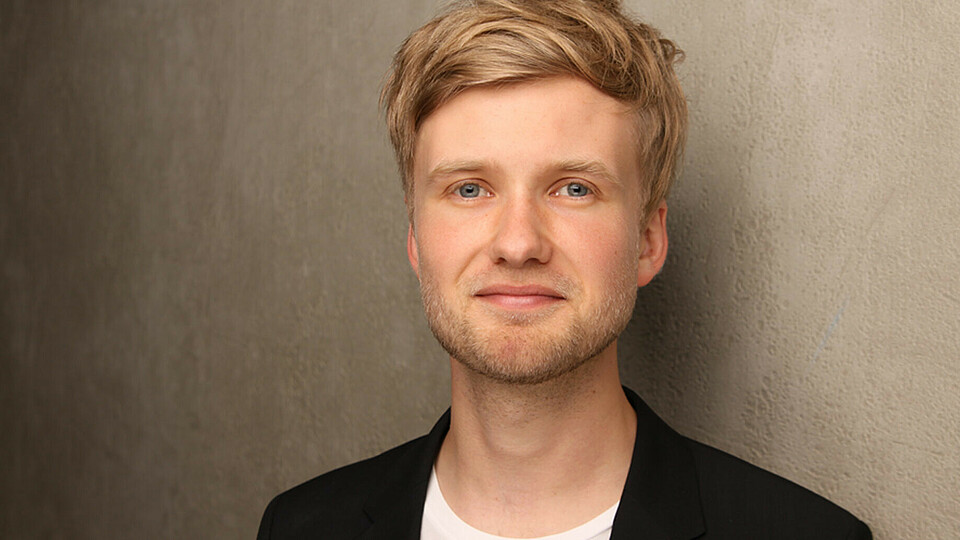
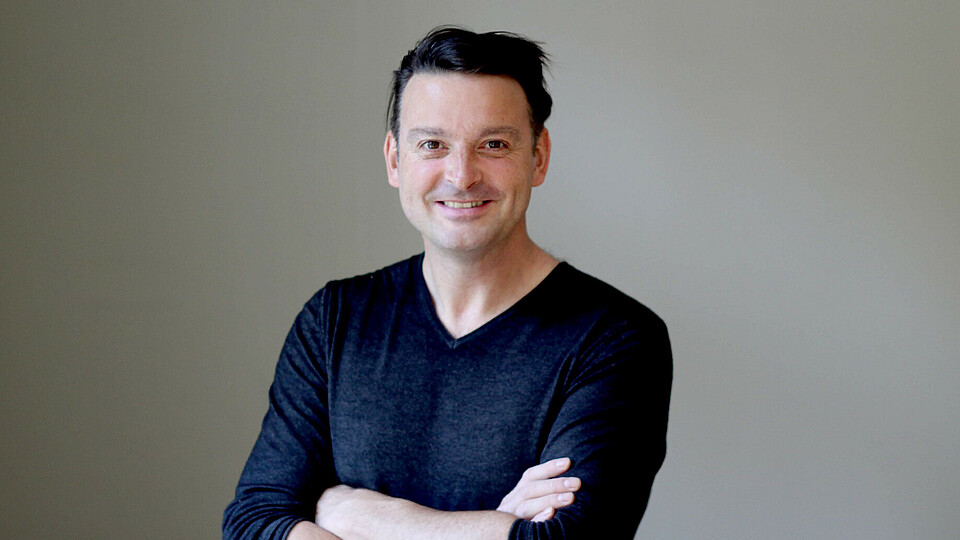
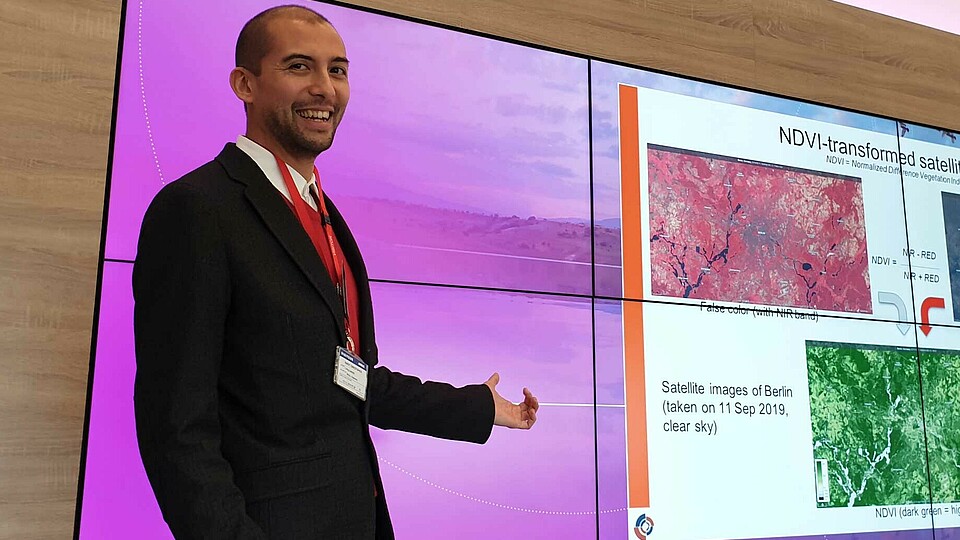
![[Translate to English:] [Translate to English:]](/fileadmin/_processed_/b/c/csm_Lang_Berlin-Partner_Philipp-Jester_683x384_31db623bc3.jpg)